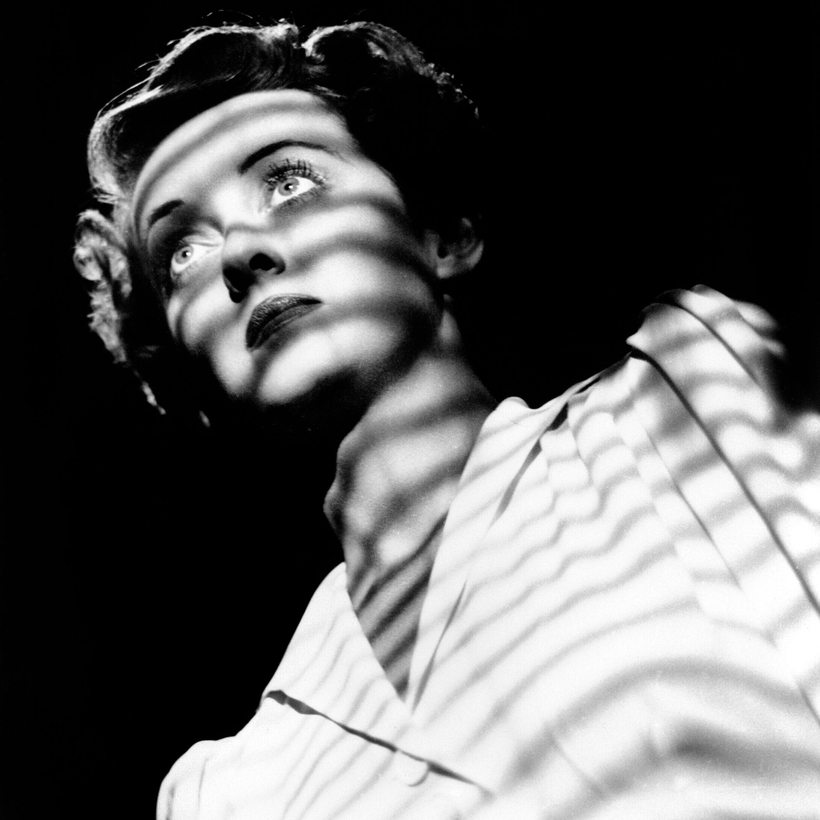Sometimes a writer falls so deeply under the spell of another writer that it can feel as if the predecessor’s blood has begun flowing through the acolyte’s own veins. I once had the privilege of talking to Cynthia Ozick about craft, when she confessed to writing out Henry James’s prose in longhand, just to feel what he must have felt when he composed his elegant, lengthy sentences.
In an essay about this ongoing reverence—which perhaps climaxed with her 2010 novel, Foreign Bodies, inspired by James’s The Ambassadors—Ozick recalled how, at the age of 22, she “became Henry James. Even without close examination, you could see the light glancing off my pate; you could see my heavy chin, my watch chain, my walking stick, my tender paunch”—all this from a brilliant American Jewish girl born in the Bronx.


